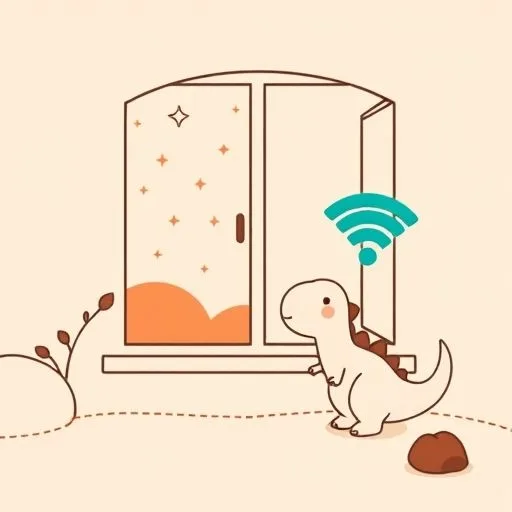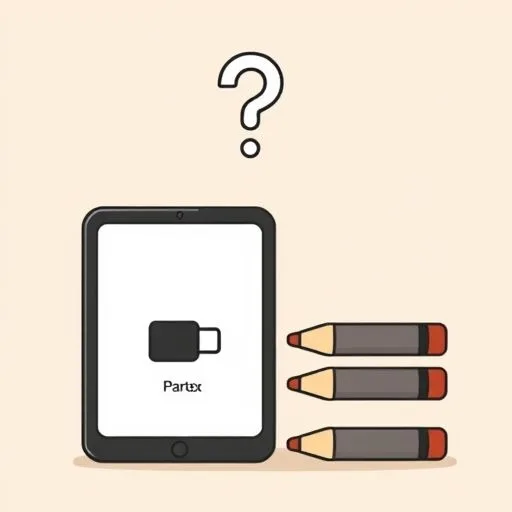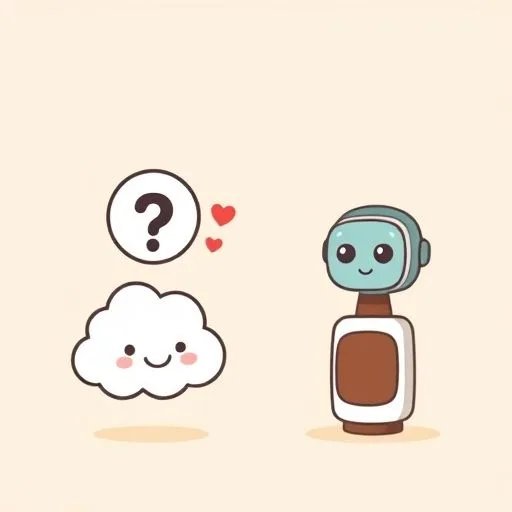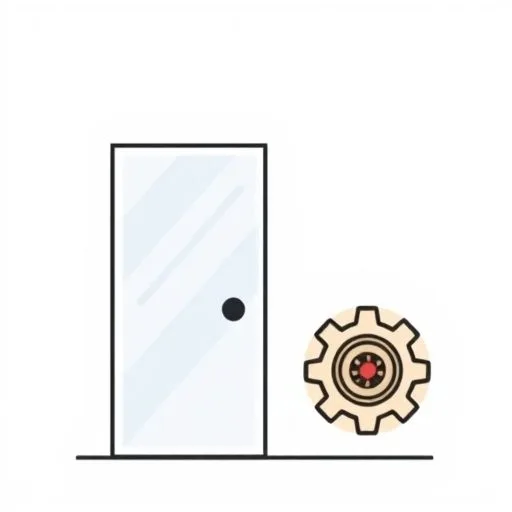
You know those evenings when silence finally lands? I watched her just now—half-hidden behind the fridge door—listening to our son quiz Alexa about why stars don’t fall. Her smile caught the dim light, but her thumb hesitated over the device’s off button. That pause? It’s our generation’s tightrope walk, isn’t it? Between wonder and overload. Between robot tutors and lopsided clay dinosaurs drying on the windowsill. Here’s what I’m learning from her quiet wisdom about keeping tech human-sized.
The Remote Stays Warmest in Her Hand

Remember cash registers with actual bells? Our six-year-old doesn’t. To her, pricing groceries happens through glass squares tapped by thumbs.
But here’s what my wife taught me: curiosity blooms best when watered by real hands. Last Tuesday, when Maya asked AI to design a ‘peanut butter rocket,’ the printout sat forgotten within minutes. But the messy kitchen experiment that followed—with Dad misreading baking soda amounts—holds her imagination even now.
Seems obvious, right? Yet we forget so easily: screen sparks are ignition, not the fire itself. Her genius move? Keeping that colored pencil jar perpetually within reach.
When Digital Fasting Feeds More Than Algorithms

There’s this moment I’ve come to cherish—Wednesdays after swim practice. The tablet stays charging in the mudroom. She lays out markers with intentionally missing colors. ‘How do we make purple without violet?’ becomes our kitchen Mad Lab.
I used to panic, thinking I needed encyclopedia answers. But watching her? She turns not-knowing into discovery theater. ‘Should we try mashing blueberries into yogurt?’ Result? A sticky masterpiece and zero likes required.
These analog hours—they’re vaccination shots against digital dependency. Not rejection, just perspective.
Why Chatbots Can’t Replace Chocolate-Stained Questions

That head tilt when kids ask impossible things—’Can clouds feel ticklish?’ Here’s the rub: voice assistants answer with facts, not wonder. But Jill? She volleys back: ‘What does ticklish sound like to you?’ Cue giggles and crayons mapping cloud giggles.
This isn’t Luddite romance—it’s tactical. AI companions mirror emotions but can’t kindle them from scratch. Like training wheels, they’re tools to eventually outgrow. Her rule keeps us grounded: if the question starts with ‘why’ or ‘what if,’ human voices respond first.
The Screen Door Principle: Transparency Over Filters

Parental controls feel safer, don’t they? It feels safer to just lock away anything questionable behind passcodes, doesn’t it? But I’ve seen her do something braver—sitting shoulder-to-shoulder when YouTube suggests ‘weird kid experiments.’
Together they dissect why algorithms push certain content. No sermons, just shared curiosity: ‘Why do you think this video wants our attention?’ It’s like teaching nutrition by reading cereal boxes aloud.
Raw, real, and messy—but they learn to spot digital MSG. Takes ten times longer than blocking. Also works ten times better.
Our Best Defense Against Shiny Digital Ghosts

‘Companion’ AI worries me most. Perfectly patient voices never exhausted by ‘why?’ loops. But here’s what struck me last bedtime: our daughter chose Jill’s off-key lullaby over Spotify’s perfect playlists.
Why? Because authenticity outweighs polish every time. So we’re building immunity through glorious imperfection—burnt toast mornings, wrong answers kept honest (‘Dad doesn’t know—let’s ask the librarian’).
These become anchor points no algorithm can replicate. Not anti-tech. Pro-human.
The goal? Helping kids crave messy reality over seamless simulation.
The Midnight Question That Anchors Us

Last Thursday, after resetting the Wi-Fi router again, she whispered what we’re both wondering: ‘Will they remember us as the generation who outsourced wonder?’
My answer lives in handwritten notes tucked into lunchboxes—jokes no algorithm would get about yesterday’s kitchen disasters. It hums in her refusing to automate bedtime stories, even when hoarse from flu.
The machines are getting scarily good at mimicking care. But here’s our superpower: being reliably, clumsily, irreplaceably real. And maybe—just maybe—that’s enough.
Source: The work AI should really be doing, according to these pros, ZDNet, 2025-10-02
